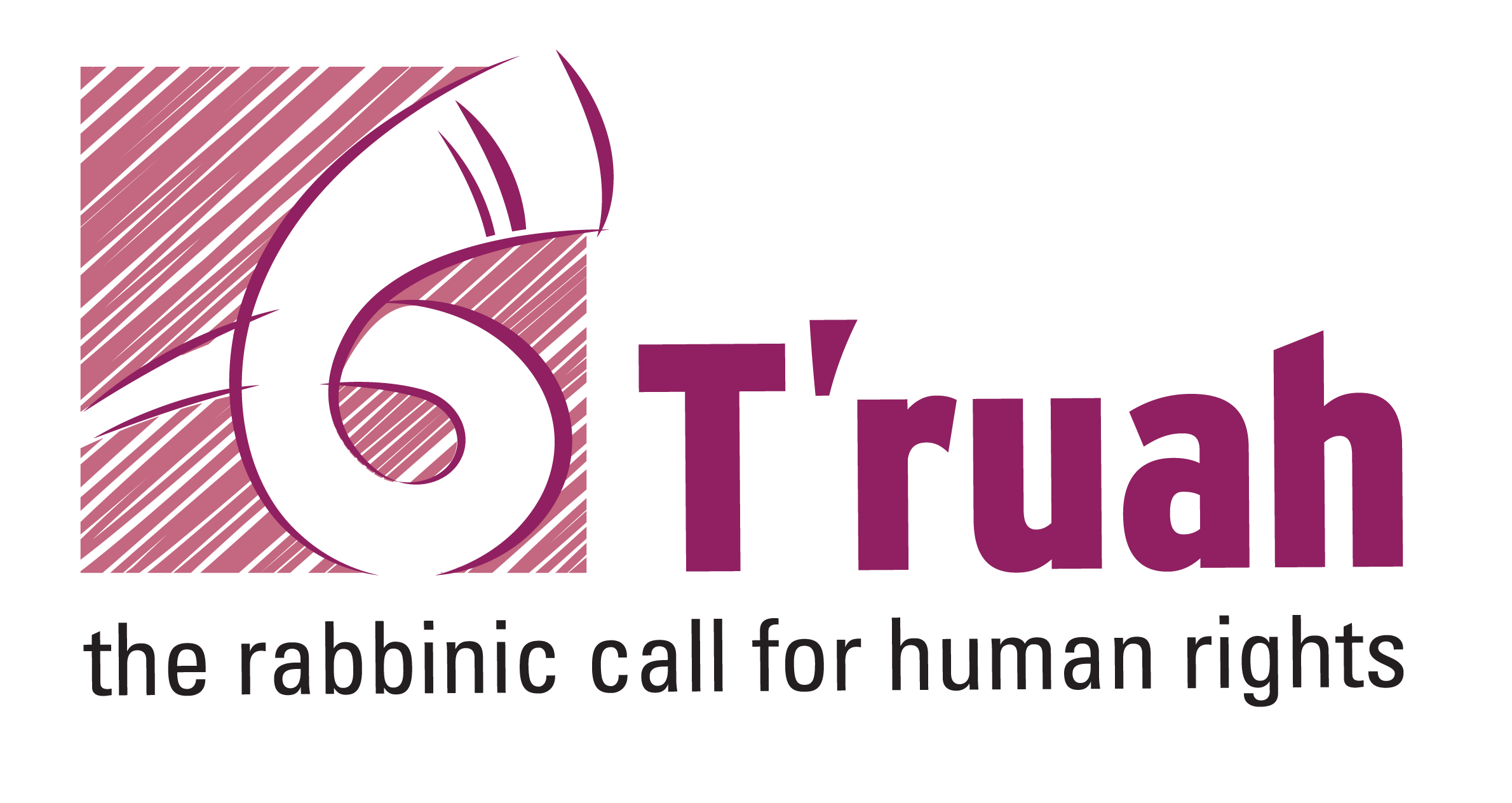NEW YORK – The Biden administration announced a new rule this month that would give government officials the power to deport people seeking asylum significantly earlier in their legal process. Following the announcement, T’ruah, a rabbinic human rights organization mobilizing over 2,300 rabbis and cantors nationwide, warned that this new policy would endanger asylum seekers and violate our moral and international human rights obligations.
In a statement, Rabbi Jill Jacobs, CEO of T’ruah, said:
“T’ruah is deeply disappointed in the Biden administration’s decision to further gut access to asylum, which the U.S. has a moral — and legal — responsibility to offer. These new restrictions are proposed under the guise of keeping Americans safe, but experts know that not only would such a rule have no impact on the safety of American citizens, it would wreak untold harm on asylum seekers who are arriving in our country to exercise their internationally protected human right to pursue safety.
“Furthermore, the language of the rule contributes to a false and deeply harmful narrative that asylum seekers are dangerous individuals, rather than who they are: human beings seeking safety for themselves and their families. It’s abhorrent that the President would take such dramatic action to affirm this xenophobic and racist narrative.
“Many of us know the biblical story of Sodom and Gemorrah, the evil cities destroyed by God. But what made these cities so evil? The Talmud has a suggestion:
‘The Sages taught: The people of Sodom became haughty due only to the excessive goodness that the Holy Blessed One bestowed upon them…They said: Since we [have] a land from which bread comes and has the dust of gold, why do we need travelers, as they come only to take away our property? Come, let us cause the proper treatment of travelers to be forgotten from our land…’
“The rabbis go on to describe the people of Sodom as engaged in wanton cruelty toward foreigners, including torture and the punishment of anyone who offers humanitarian relief. (Sanhedrin 109a) Our country has become Sodom — a place that refuses to see asylum seekers and immigrants as human beings.
“As Jews, we know that immigration policy can be a matter of life or death. Many of our families came to the U.S. searching for safety here — and many of our relatives were turned away after this country closed its doors in 1924 and perished in the Holocaust. We will not let history repeat itself.
“This new rule allows Customs and Border Patrol officers — not a judge, as is currently the mechanism — to decide if an individual seeking asylum is ineligible during their ‘credible fear’ interview and bar them entry into the U.S. Asylum seekers need more time, not less, as well as legal counsel. This rule would put too much power in the hands of individual CBP officers and deny asylum seekers due process, resulting in those who need protection most being sent directly back into harm’s way. This is immoral and unacceptable.
“Existing pathways to asylum must be strengthened and expanded by increasing staffing at border ports of entry, making more asylum appointments available, and expanding locations where appointments are available.
“We refuse to callously send our fellow human beings back to the dangers they fled. We will be loud in our insistence that every person is a creation in the image of the Divine. That every person deserves safety and dignity. We won’t let up — until there is a just and transparent system for asylum seekers to gain legal entry into the United States.”
###
About T’ruah: The Rabbinic Call for Human Rights
T’ruah: The Rabbinic Call for Human Rights mobilizes a network of more than 2,300 rabbis and cantors from all streams of Judaism that, together with the Jewish community, act on the Jewish imperative to respect and advance the human rights of all people. Grounded in Torah and our Jewish historical experience and guided by the Universal Declaration of Human Rights, we call upon Jews to assert Jewish values by raising our voices and taking concrete steps to protect and expand human rights in North America, Israel, and the occupied Palestinian territories.

